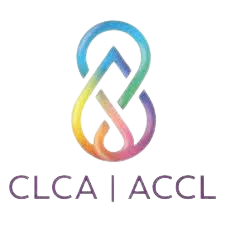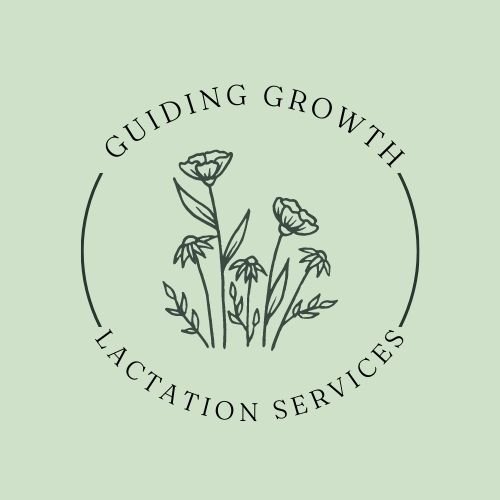FAQs
Q: What is an IBCLC?
A: IBCLC stands for International Board-Certified Lactation Consultant. It is the highest attainable level of credentials in the area of clinical breastfeeding support and management. IBCLC is a protected term and only those who have completed the educational and clinical requirements and passed the board exam are able to use the credential. IBCLCs can provide in-depth infant and maternal feeding assessments, evaluate infant oral motor function in relation to feeding and construct individualized feeding plans.
Q: Do you do clinic appointments?
A: At the moment, all appointments in Guelph are offered in person within the comfort of your own home! This is ideal for many as you don’t have to leave your own space with a newborn to receive support.
Q: What types of payment do you accept?
A: I accept debit, Visa, Mastercard, American Express, Apple Pay, Google Pay and cash.
Q: I’m exclusively bottle feeding or formula feeding. Can I still access your services?
A: Of course! Infant feeding looks different from one family to the next. I am here to support you in whichever feeding method you choose. Bottle feeding can come with its own learning curves and an infant’s oral function can still impact feeding, regardless of how they are fed.
Q: What towns do you provide home services to?
A: I provide services within a 20 km radius of Guelph. This includes the following locations: Guelph, Rockwood, Acton, Aberfoyle, Pushlinch, Cambridge, Glen Morris, Kitchener, Elora, Fergus and anywhere in between. I can also provide services outside of that area, although a mileage charge will be applied.
Q: Are your services covered under insurance?
A: Manulife, Canada Life, Sun Life and GreenShield recognize the IBCLC credential and may cover IBCLC services. Your specific coverage will depend on the plan your employer has chosen. I recommend that you examine your individual policy and submit your paid invoice for reimbursement, although I cannot guarantee that it will be accepted. You may also have coverage for a breast pump with a doctor’s prescription, again depending on your insurance plan. IBCLC services are not covered under OHIP.
Q: What is your Covid-19 policy?
A: I am fully vaccinated and boosted for Covid-19. I also receive a flu shot annually. I will wear a mask during the appointment. You are not required to wear a mask during the appointment. Please reschedule if you are not feeling well.
Q: How do I prepare for a home visit?
A: I will bring everything we need for our appointment together. All I ask is for a hard flat surface such as a table to place the infant scale, a nearby plug for a breast pump, visitor parking instructions if necessary and any pets kept separate from the appointment space. Even the friendliest companions can understandably become protective of “their” new baby and a stranger entering their personal space.
If possible, please refrain from feeding your baby for 1 hour before we meet. If your baby isn’t hungry, it is almost impossible to assess feeding efficiency and make recommendations.
Do not stress about cleaning before my arrival. I am there to support you and your baby, not judge the state of your home.
Q: What is your stance on tongue ties?
A: I believe that tongue ties (ankyloglossia) can impact infant feeding. Understanding the difference between a normal frenulum that keeps the tongue in place and a tie that restricts the function and mobility of the tongue is key. In order to feed efficiently, an infant needs a tongue that can lift, extend, cup, move side-to-side, in a smooth front-to-back manner, and more. I am able to assess oral function and screen for ties, then refer to a qualified provider for diagnosis. I also recognize the ways in which other issues, such as body tension, can manifest themselves while breastfeeding and contribute to/worsen feeding difficulties due to oral restrictions. In that sense, I highly value a collaborative approach and often recommend some bodywork and resolving other feeding issues before releasing, when possible.





